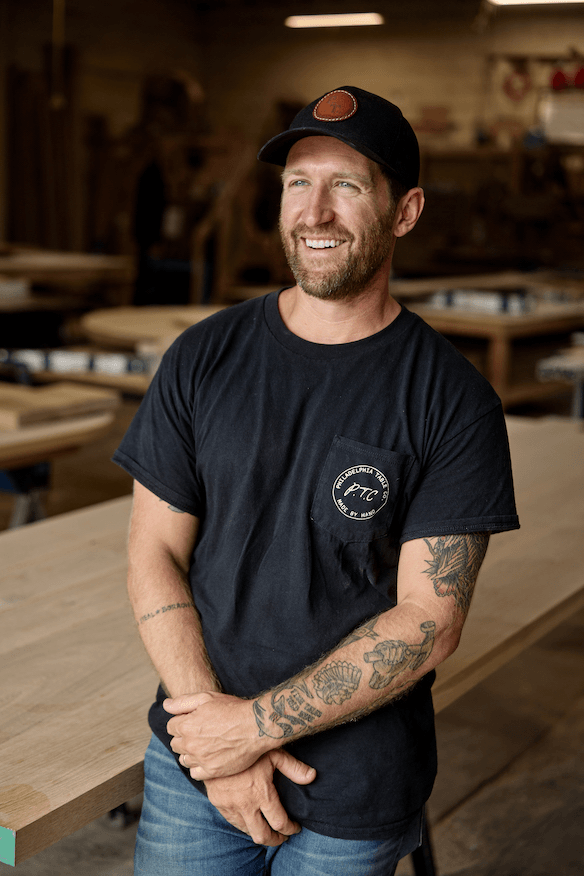We recently connected with Paul Mencel and have shared our conversation below.
Paul, thanks for taking the time to share your stories with us today What’s the backstory behind how you came up with the idea for your business?
The idea for Philadelphia Table Co. was born from a fusion of passion, practicality, and a sense of responsibility. The journey began in my parents’ garage, where I spent countless hours working with wood, crafting furniture by hand. What started as a personal hobby quickly turned into a lifelong passion, fueled by my deep appreciation for woodworking and the timeless quality of handcrafted furniture.
One day, while sanding down a slab of maple, I reflected on the craftsmanship of each piece, from the initial design to the final polish. I saw a void in the furniture market—mass-produced, generic pieces flooded the industry, overshadowing the beauty and value of bespoke furniture. This realization ignited a fire in me. I knew I had the skills to create something unique, but more importantly, I saw an opportunity to offer furniture that embodied love, care, and intention.
I envisioned a company that took a different approach, one that valued the individuality of each piece. The idea of a “One Maker approach” emerged, where each item would be crafted from start to finish by a single artisan, an approach I call “enlightened manufacturing.” This method emphasized the unique character of each creation, avoiding assembly line manufacturing and ensuring unparalleled quality. The thought of sharing this craftsmanship with others excited me, and I knew it was a worthwhile endeavor.
The logic behind this approach was simple: in a world of mass-produced goods, people yearn for authenticity. I believed there was a market of discerning customers looking for meaningful, handcrafted furniture that told a story, pieces that stood the test of time. Our approach of enlightened manufacturing, with each item crafted one at a time, would appeal to those wanting more than just functional furniture—they wanted an experience, a connection to the maker, and a piece of art to cherish.
Furthermore, I felt a sense of duty to support local craftspeople and contribute to the community. By sourcing materials locally and keeping our delivery radius limited, we not only reduced emissions but also kept the business grounded in its community, creating jobs and fostering sustainable growth. This community-oriented aspect set us apart from competitors, offering a unique approach that resonated deeply with me.
Philadelphia Table Co. grew from these foundations, and seeing it flourish has been an emotional and rewarding journey. The joy of turning my passion into a thriving business, one that offers both high-quality craftsmanship and meaningful employment, continues to fuel me. This idea, which started in my parents’ garage, has blossomed into a company dedicated to enlightened manufacturing, and I am excited to see how it evolves further.
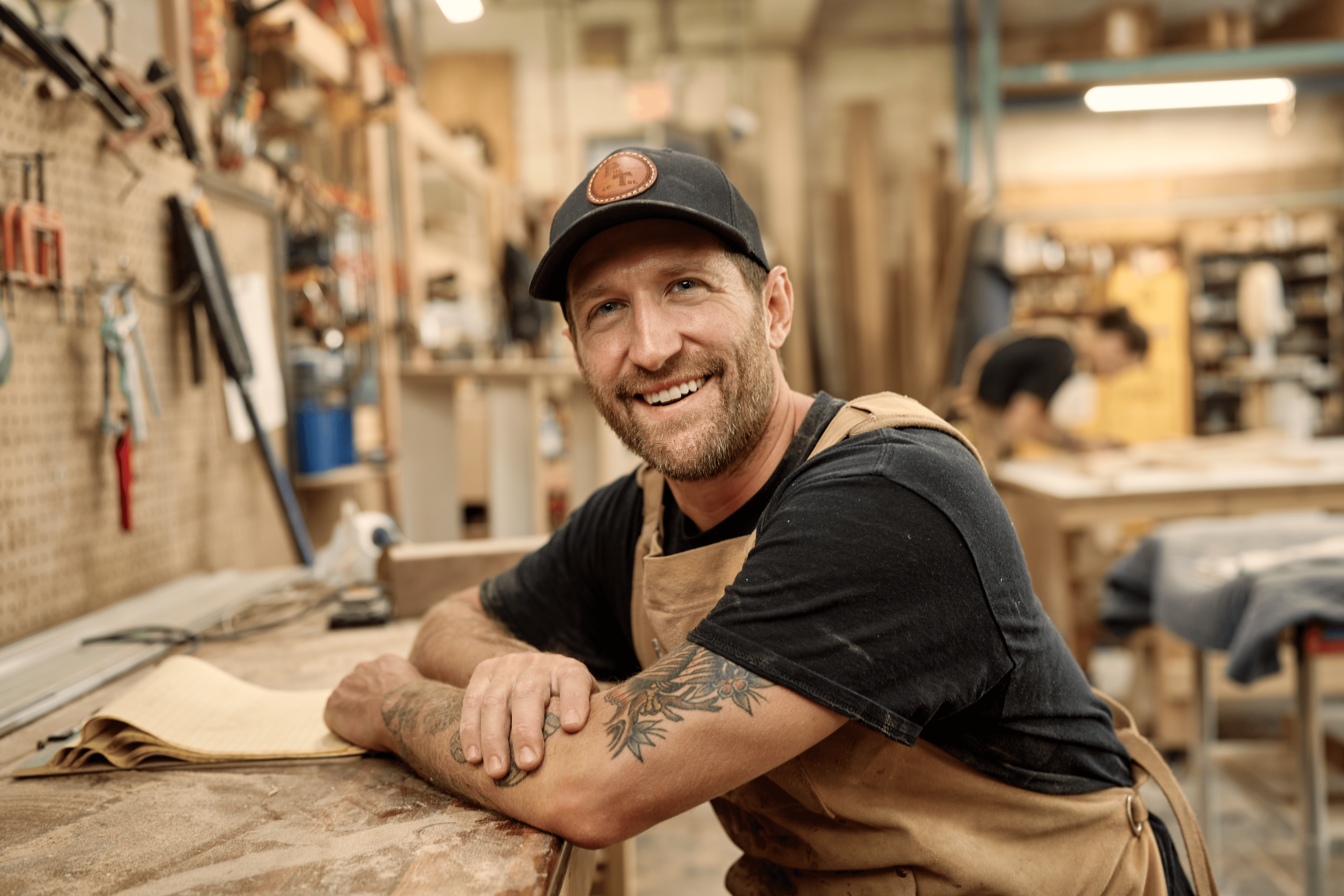
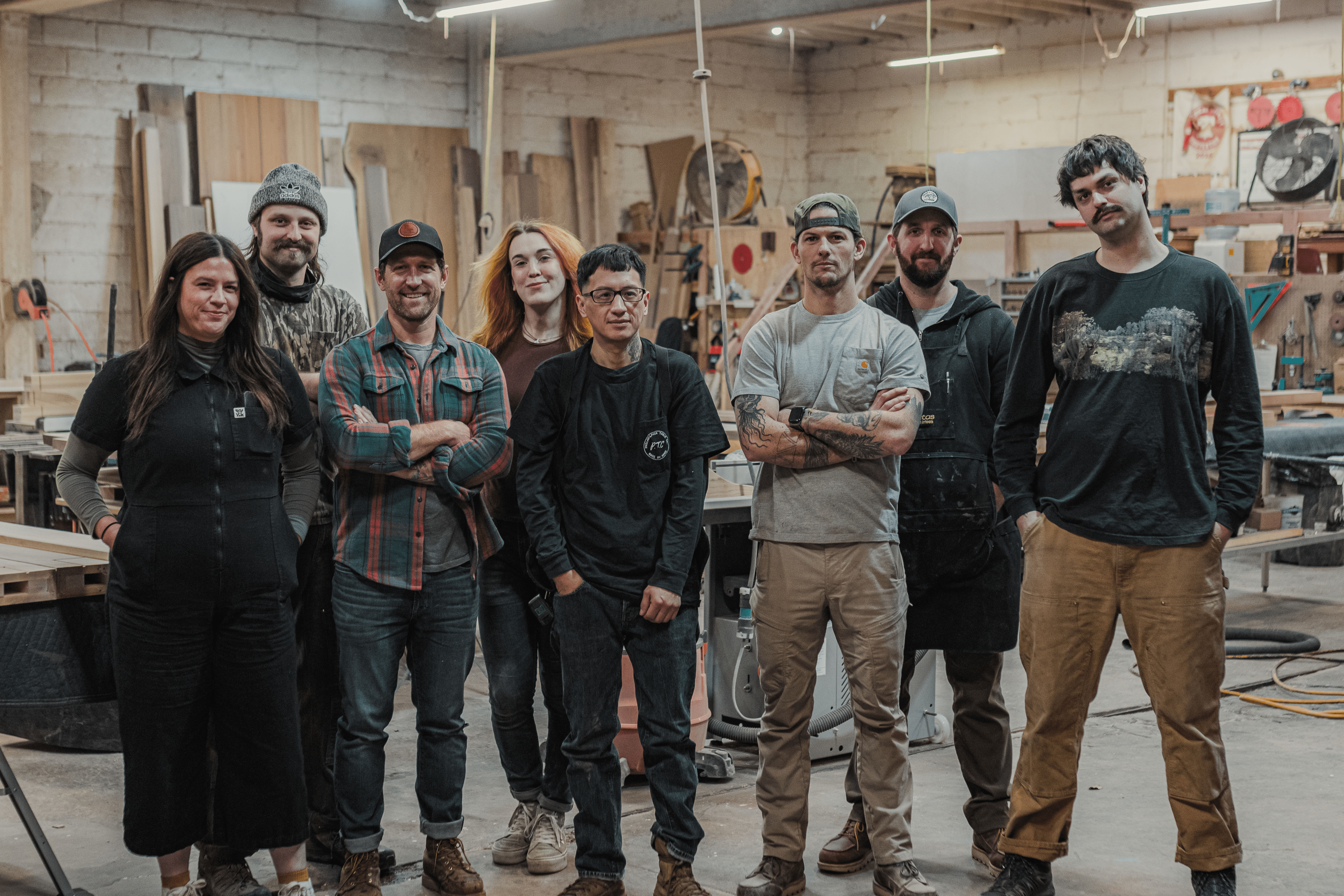
Paul, love having you share your insights with us. Before we ask you more questions, maybe you can take a moment to introduce yourself to our readers who might have missed our earlier conversations?
Hello! My name is Paul, and I am the owner and founder of Philadelphia Table Co. My journey into the woodworking industry began in my parents’ garage, where I first discovered my love for crafting furniture by hand. This personal hobby grew into a passion for woodworking and a deep appreciation for the craftsmanship and detail involved in creating unique, high-quality furniture. I realized that the market was oversaturated with mass-produced, generic pieces, and I saw an opportunity to offer something different: handcrafted furniture that embodies love, care, and intention.
Philadelphia Table Co. specializes in solid wood furniture, and our core philosophy is built around a “One Maker approach,” which I also call “enlightened manufacturing.” This means that each piece is crafted from start to finish by a single artisan, ensuring unparalleled quality, authenticity, and character. Our range of products includes dining tables, chairs, coffee tables, and more, all created with the same dedication to craftsmanship and detail. By avoiding assembly line manufacturing, we emphasize the unique nature of each creation, transforming every piece into a work of art.
One of the key problems we solve for our clients is providing furniture that is not only functional but also meaningful, reflecting their individuality and style. Our enlightened manufacturing approach offers a connection to the maker, creating pieces that tell a story and stand the test of time. Furthermore, our commitment to sourcing materials locally and maintaining a limited delivery radius contributes to sustainability, reducing emissions and waste.
What sets us apart from others is our dedication to the “One Maker approach,” which fosters a deep connection between the artisan and the product. This connection ensures each piece is imbued with love, care, and intention, creating furniture that not only serves a purpose but also enhances the living spaces of our clients. Our focus on supporting local craftspeople and using local resources further distinguishes us, contributing to the communities in which we operate and fostering sustainable growth.
I am most proud of seeing how Philadelphia Table Co. has grown from its humble beginnings into a thriving company that has helped clients find meaningful, handcrafted furniture, supported local artisans, and contributed to sustainable practices. My journey from my parents’ garage to managing a successful company with nine employees has been an emotional and rewarding experience, and I am excited to see how the company evolves further.
I want potential clients and followers to know that Philadelphia Table Co. is dedicated to enlightened manufacturing, creating furniture that embodies quality, authenticity, and sustainability. We strive to offer more than just functional furniture; we aim to create pieces that reflect the individuality of our clients, tell a story, and stand the test of time. Our commitment to craftsmanship, community, and sustainability remains at the heart of everything we do, and we look forward to continuing to offer high-quality, handcrafted furniture that enhances the lives of our clients.
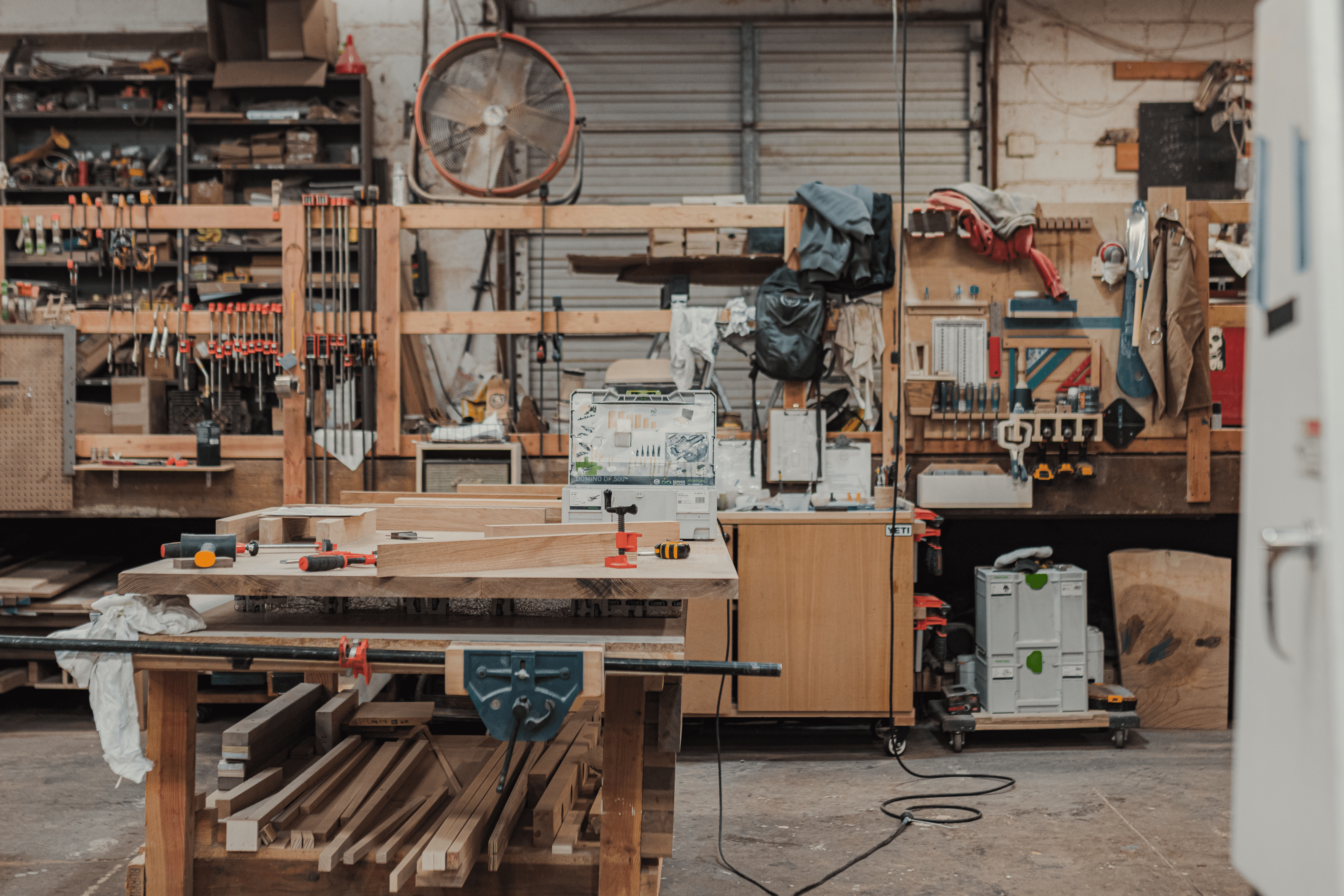
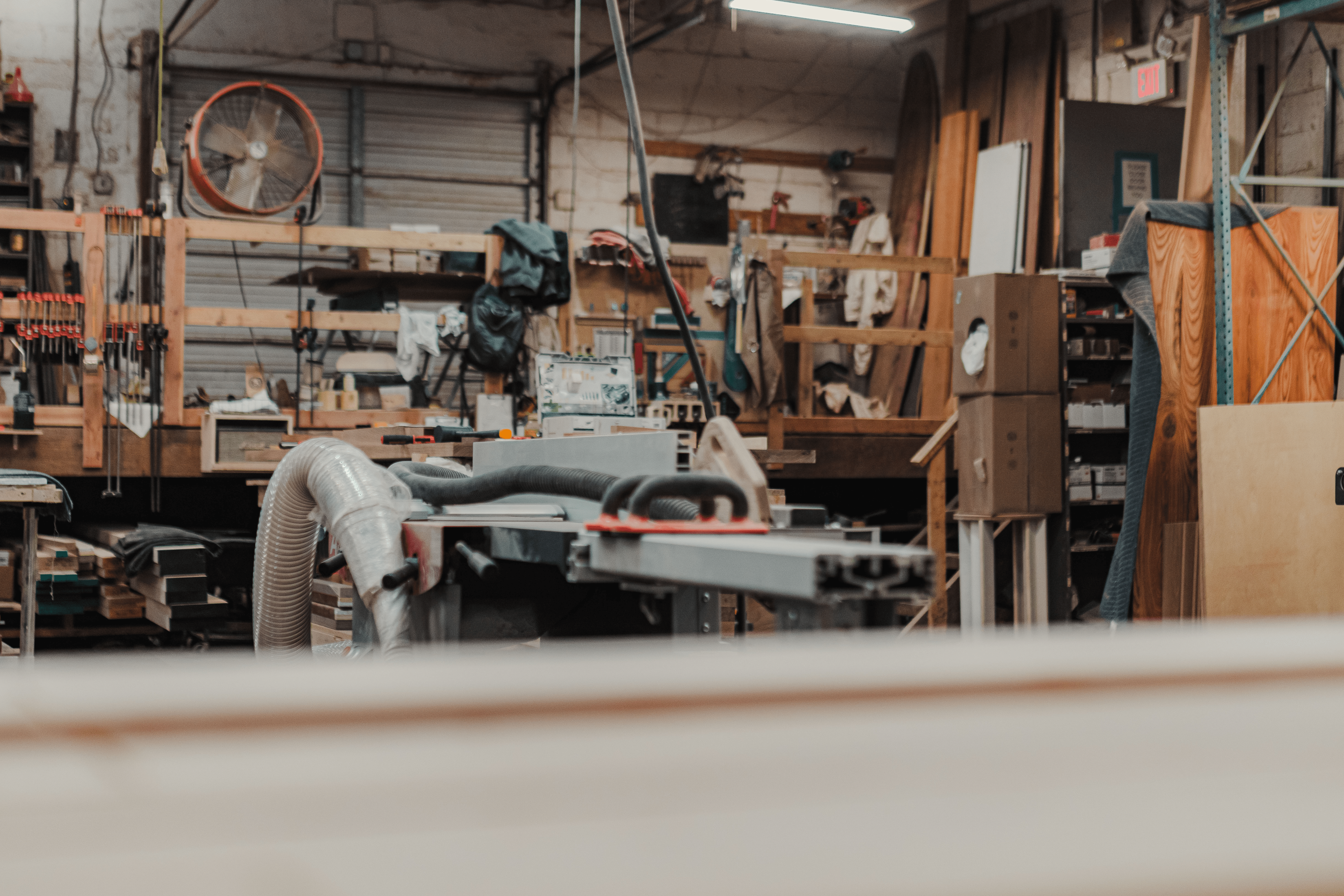
Do you have any stories of times when you almost missed payroll or any other near death experiences for your business?
In 2021, we faced one of the most challenging periods in Philadelphia Table Co.’s history. Coming out of the Covid-19 pandemic, our sales were booming, and I had to hire many more people to help fill orders. Initially, I saw this as a positive sign for growth, but I didn’t fully account for the impact on our payroll expenses. Additionally, I had overlooked how critical profit margins were for a business like ours, which is heavy on both material and labor costs.
I had naively thought that as long as more money came in than went out, we were profitable. However, I quickly realized that this wasn’t the case. Our company’s growth had been based on the cash flow we generated, but with each project, I was floating the majority of the costs throughout its life cycle. The 50% deposit model we were using at the time wasn’t enough to sustain operations, especially when balancing payroll and material costs.
We were at a near-breaking point, and I knew we needed a significant shift to ensure our survival and continued growth. I adjusted our deposit model to 60%, allowing us to cover more upfront costs and ease the financial strain. Furthermore, I implemented a 40% gross profit target for each item leaving our shop, ensuring we had the funds needed for future projects and to meet payroll.
We also began using work orders and material tracking, allowing us to dial in our pricing more accurately. This shift helped us streamline our operations, better manage our finances, and ultimately ensured we could continue providing high-quality, handcrafted furniture to our clients.
This experience was a stark reminder of the importance of balancing growth with sustainability. It was a near-death moment for the business, but it also led to essential changes that have strengthened Philadelphia Table Co., allowing us to continue creating meaningful furniture and supporting our local community.
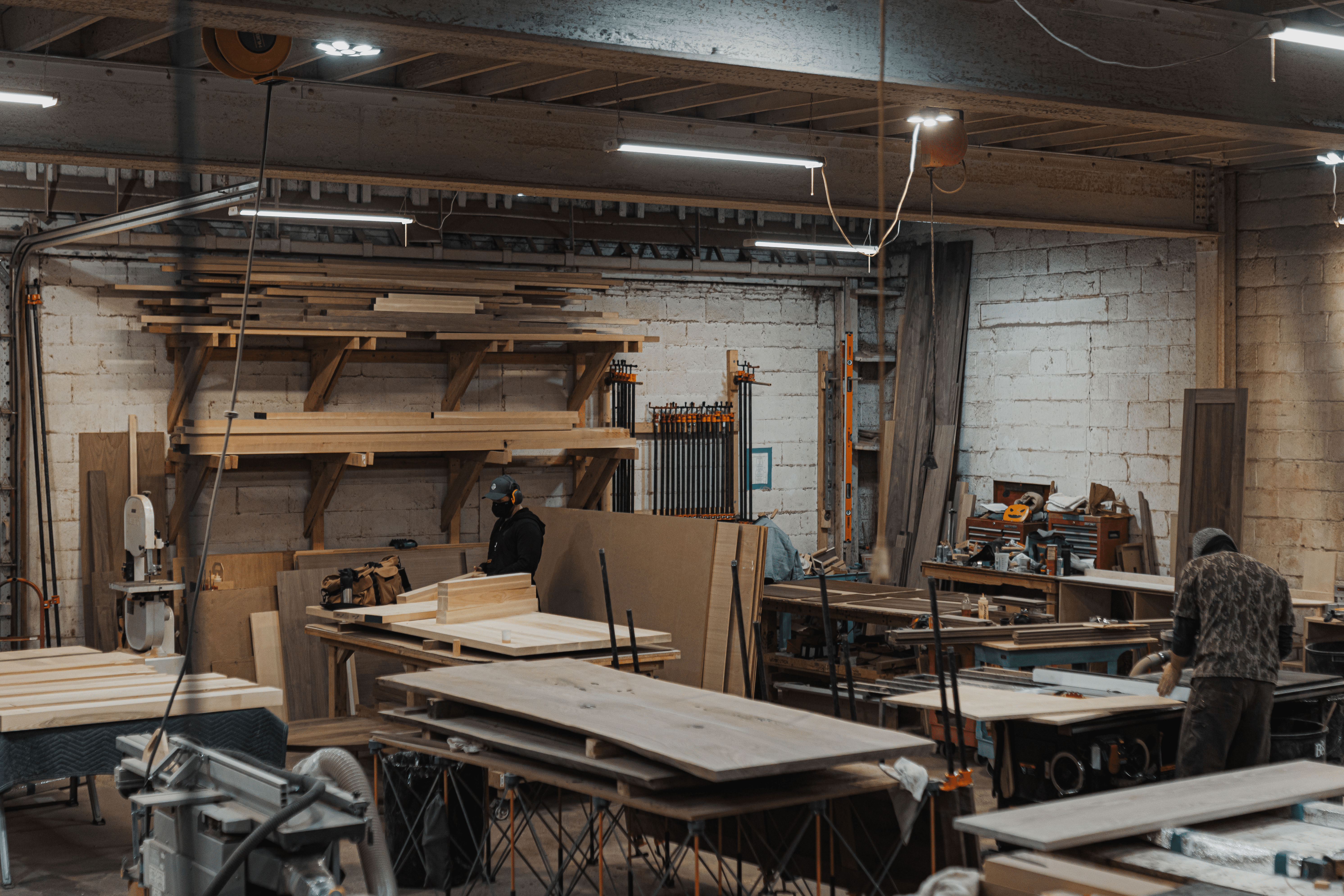
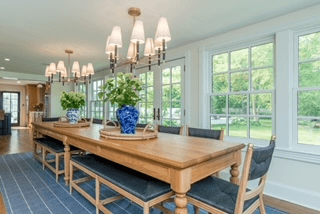
We’d love to hear the story of how you built up your social media audience?
The story of how we built our social media audience on Instagram is one of genuine engagement and community-building. From the outset, I recognized that social media is not just a platform for broadcasting products and sales, but an invaluable tool for connecting with our audience on a personal level. We used Instagram as a storytelling platform, sharing not only our products but also the journey of Philadelphia Table Co., our craftsmanship, and our values.
By sharing the stories behind our creations—the artisans’ dedication, the materials’ origins, and the meticulous process that goes into each piece—we’ve fostered a sense of authenticity and connection with our audience. This transparency has helped build trust and engagement, allowing followers to feel like they are part of our journey.
Additionally, we actively interact with potential customers and members of our community. I make it a point to comment, like, and message people on the platform, nurturing relationships and fostering dialogue. This authentic engagement has been instrumental in our growth, taking us from 9,000 to 18,500 followers organically on Instagram.
For those just starting to build their social media presence, my advice is simple: Be social. Use the platform to share your story, interact with your audience, and build genuine relationships. Don’t just see it as a marketing tool, but as a means to create a community around your brand. Engage with others, respond to comments, and show interest in your followers’ lives. This authenticity and engagement will help you build a loyal, connected audience that supports your journey and grows alongside you.
Contact Info:
- Website: https://www.PhiladelphiaTableCompany.com
- Instagram: https://www.instagram.com/Philadelphiatablecompany
- Facebook: https://www.facebook.com/Philadelphiatablecompany
- Linkedin: https://www.linkedin.com/in/paul-mencel-911a6634/
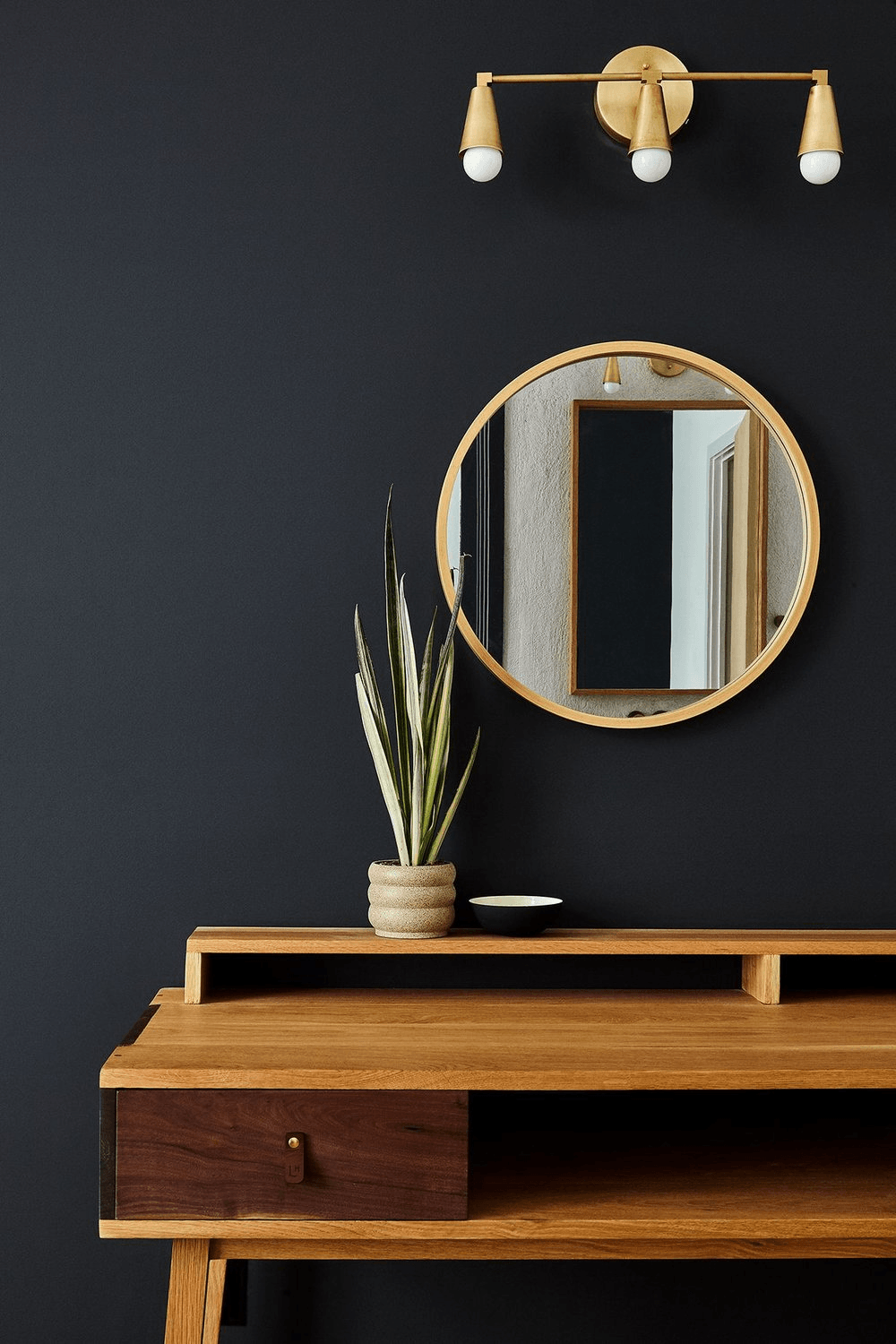
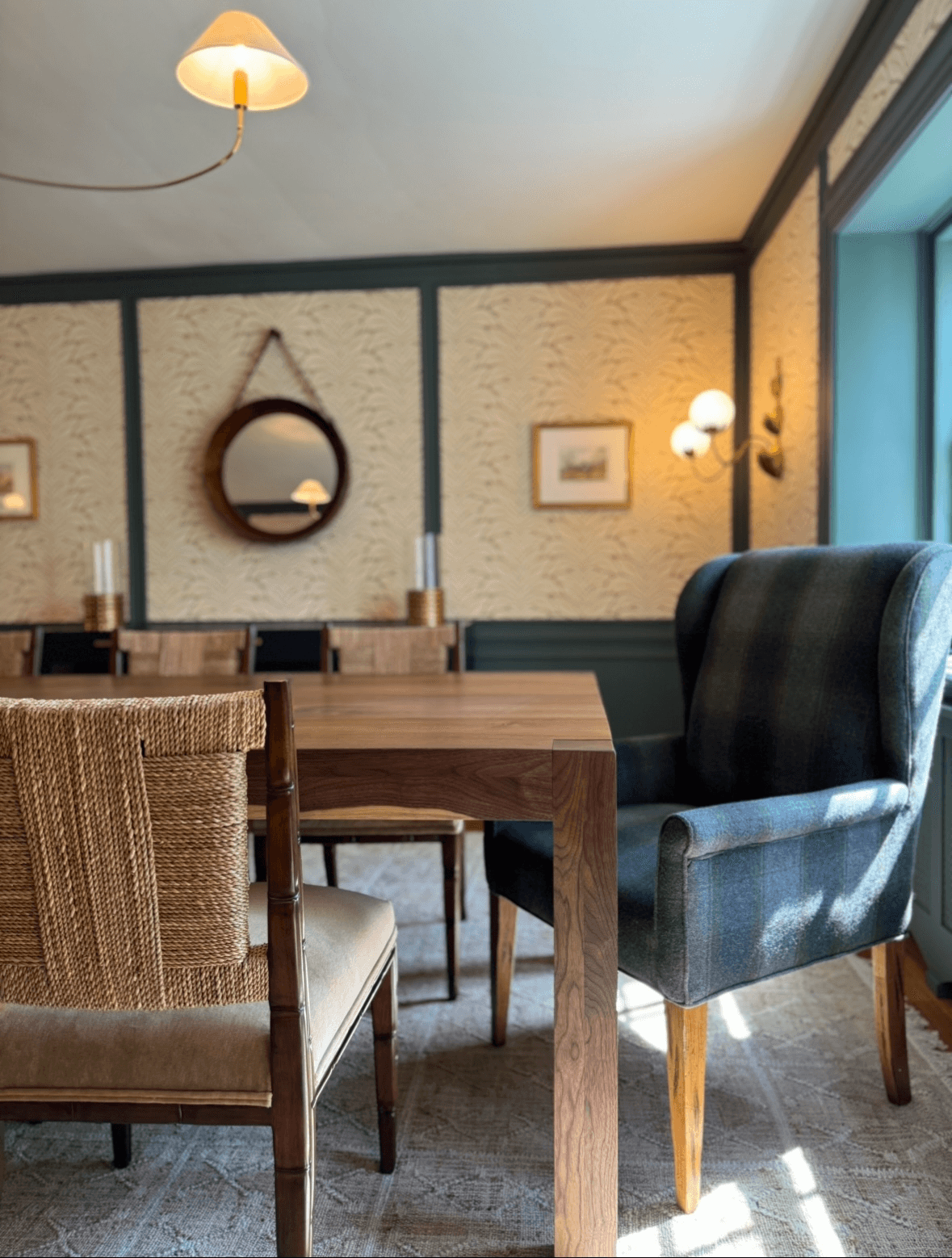
Image Credits
Gene Smirnov, Gilmar Tobar Jr


